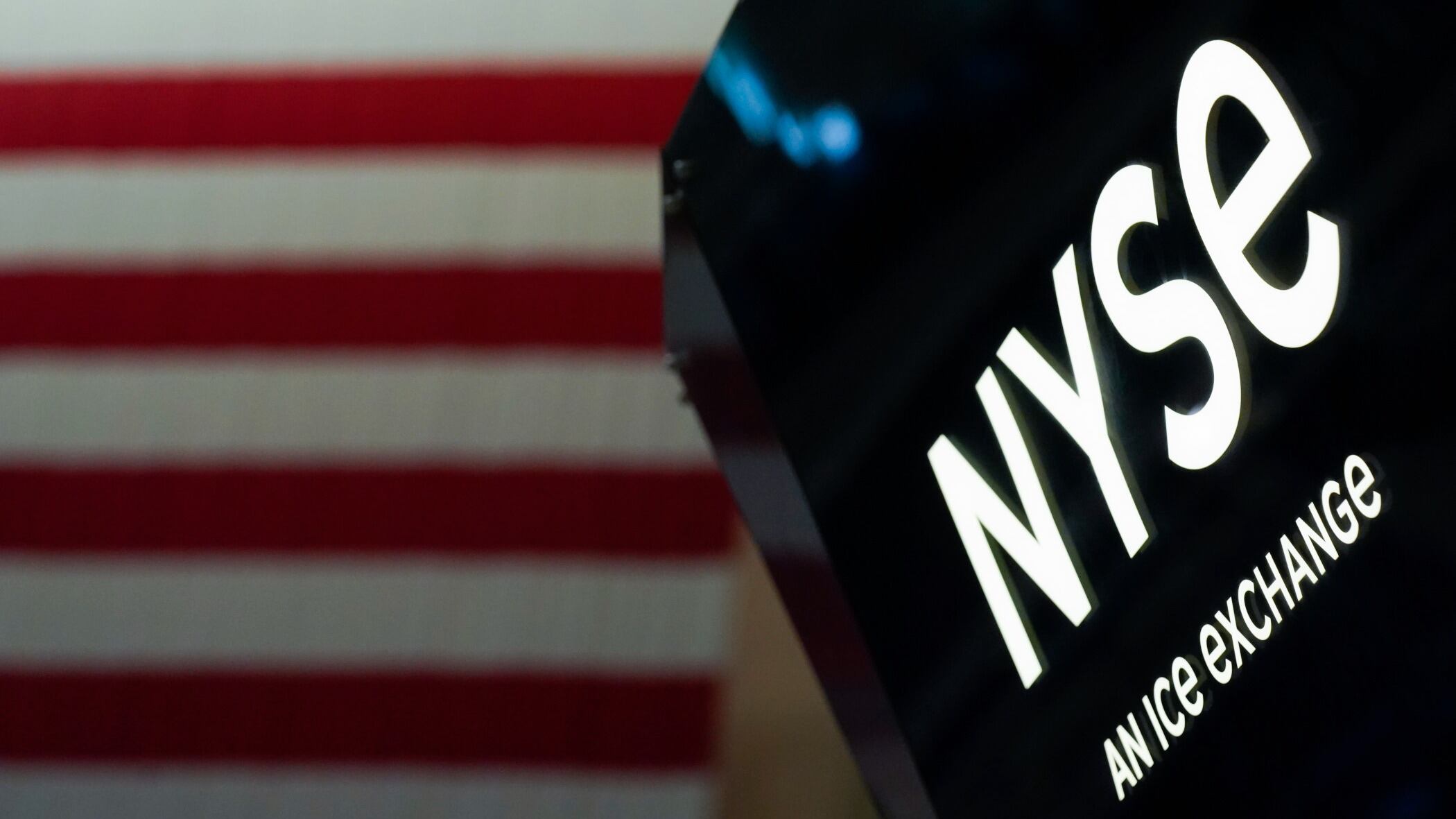By Stan Choe and Damian J. Troise
Wall Street closed higher Thursday after a report showed inflation slowed again last month, bolstering hopes the Federal Reserve may take it easier on the economy through smaller hikes to interest rates.
While the report on U.S. inflation was clearly encouraging, stocks had already rallied earlier this week in anticipation of exactly such data. The numbers were in line with forecasts on many points, and analysts warned investors not to get carried away by them.
The S&P 500 rose 13.56 points, or 0.3%, to 3,983.17. The Dow Jones Industrial Average rose 216.96 points, or 0.6%, to 34,189.97. The Nasdaq rose 69.43 points, or 0.6%, to 11,001.10
Small company stocks outpaced the broader market in a sign that investors were feeling confident about the economy. The Russell 2000 rose, 32.01 points, or 1.7%, to 1,876.06. Every major index is on track for weekly gains.
The nation’s painfully high inflation has been at the center of Wall Street’s wild movements for more than a year. Recently, stocks have been rising and bond yields have been falling on hopes inflation’s cooldown from a summertime peak may get the Federal Reserve to ease off its barrage of rate hikes. Such increases can stifle inflation, but they do so by slowing the economy and risk causing a recession. They also hurt investment prices.
In the bond market, Thursday’s inflation report sent yields falling further as traders grow more convinced the Fed will downshift the size of its next rate increase. They’re now largely forecasting a hike of just 0.25 percentage points next month, down from December's half-point hike and from four prior increases of 0.75 percentage points.
Many traders are betting on the Fed to follow that with perhaps another quarter-point hike, but to then potentially take a pause, according to data from CME Group.
Analysts cautioned that while Thursday’s inflation report did show inflation at its least debilitating level in more than a year, it still leaves room for continued pressure on the economy from high rates. They warned more big swings may still be to come for markets.
“While we can safely say that we are past peak inflation, it is too early to call victory on the battle against higher inflation,” said Gargi Chaudhuri, head of iShares Investment Strategy, Americas.
Analysts also warned investors not to think of slower rate hikes or a coming halt to increases as the same thing as cuts to interest rates, something some investors hope may happen later this year. Such cuts can act like rocket fuel for markets.
Even though inflation slowed to 6.5% last month from its peak of more than 9% in June, it’s still far too high for the Fed’s and U.S. households’ liking. The central bank has been adamant that it plans to continue raising rates this year and that it sees no rate cuts happening until 2024 at the earliest.
Of course, its forecasts have proven to be very wrong in the past, such as when officials called the initial burst of inflation coming out of the pandemic a “transitory” problem.
Some areas of the economy remain strong, threatening to keep up the pressure on inflation. Chief among them is the labor market. A report on Thursday showed fewer workers filed for unemployment benefits last week. That's an indication layoffs remain low even though some big tech companies have made high-profile announcements on job cuts.
A strong job market is of course good for workers, particularly when their raises have been failing to keep up with inflation. But the Fed has been saying it does not want wage gains to get too high. That could create a vicious cycle where companies raise prices to cover their higher costs and only worsen inflation.
A report last week showed that workers’ wage gains slowed in December. That report, coupled with the latest inflation data “paints a strong picture that the Fed is starting to meet its target," said Peter Essele, head of portfolio management for Commonwealth Financial Network. It also gives Wall Street more hope that the Fed can achieve a ”soft landing,” where it tames inflation without inflicting severe damage on the economy.
“The likelihood of a soft landing is probably greater now than it was in the past 12 months,” Essele said.
The yield on the 10-year Treasury, which helps set rates for mortgages and other economy-dictating loans, fell to 3.43% from 3.54% late Wednesday. The two-year yield, which tends to more closely track expectations for the Fed, fell to 4.12% from 4.22%.
On Wall Street, stocks of airlines flew to some of the biggest gains after American Airlines said it expects to report stronger revenue and profit than it had earlier forecast for the last three months of 2022. It rose 9.7%, while United Airlines gained 7.5%.
Earnings reporting season is set to kick off in earnest Friday, with JPMorgan Chase and UnitedHealth Group among the day's headliners. One big worry on Wall Street is that high inflation and a slowing global economy are eating into profits for big companies.
Analysts say this could be the first time earnings per share for S&P 500 companies fall from year-ago level since 2020.
___
AP Business Writers Yuri Kageyama and Matt Ott contributed.













